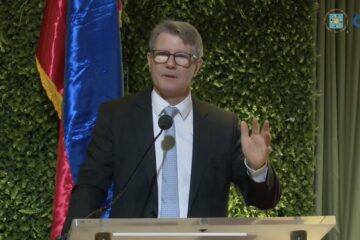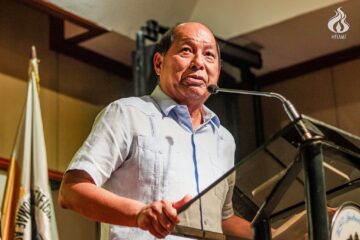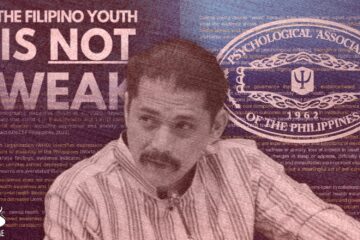
“MOVING ON without justice being served is not moving on—it’s giving up.”
This was the reminder of University of the Philippines professor and anti-Martial Law advocate Crispin Maslog to Journalism and Communication Arts students in a forum held Saturday.
Maslog, a former publisher of a weekly newspaper in Dumaguete that was closed down due to Martial Law, urged millennials to open their eyes to the damages to the mass media the said era has brought, even though they were not yet born at the time it happened.
“People without the knowledge of their past history, origin, and culture [are] like [trees] without roots,” Maslog said, quoting Jamaican political leader and journalist Marcus Garvey.
“The mass media became very critical and Marcos clamped down on the mass media with his military forces,” he said. “There were the years of protest, social unrest…The youth were taking to this stage to rally against corruption, that’s an old issue.”
Protesters and journalists were beaten and students were tortured, went missing, or found dead, Maslog added, citing Ricardo Manapat’s book on Martial Law.
The Chairman of the Asian Media Information and Communication Center also slammed the government for its poor education system and the mass media for misleading stories of Martial Law that caused ignorance of the people on the issue.
“It is not the students’ fault. It should be the government and the mass media that should be blamed for misleading information,” Maslog told the Flame.
Likewise, Pacific Media Center Executive Director David Robie emphasized truth as the core of journalism.
“Journalism is really about truth, any experience of truth, and establishing that truth,” Robie said.
Robie added that it is important for journalists to achieve independence in their job of disseminating stories, noting that fact verification through multiple crosschecking and research is a fundamental part of a journalist’s job.
The forum titled Asia-Pacific Journalism for Filipinos Lessons by Seasoned Journalists and Journalism Educators was organized by the Faculty of Arts and Letters Department of Communication and Media Studies in partnership with Journalism Graduate School, Research Center for Culture, Education and Social Issues-Research Interest Group on Communication. F MARIA EDEN T. DINO



